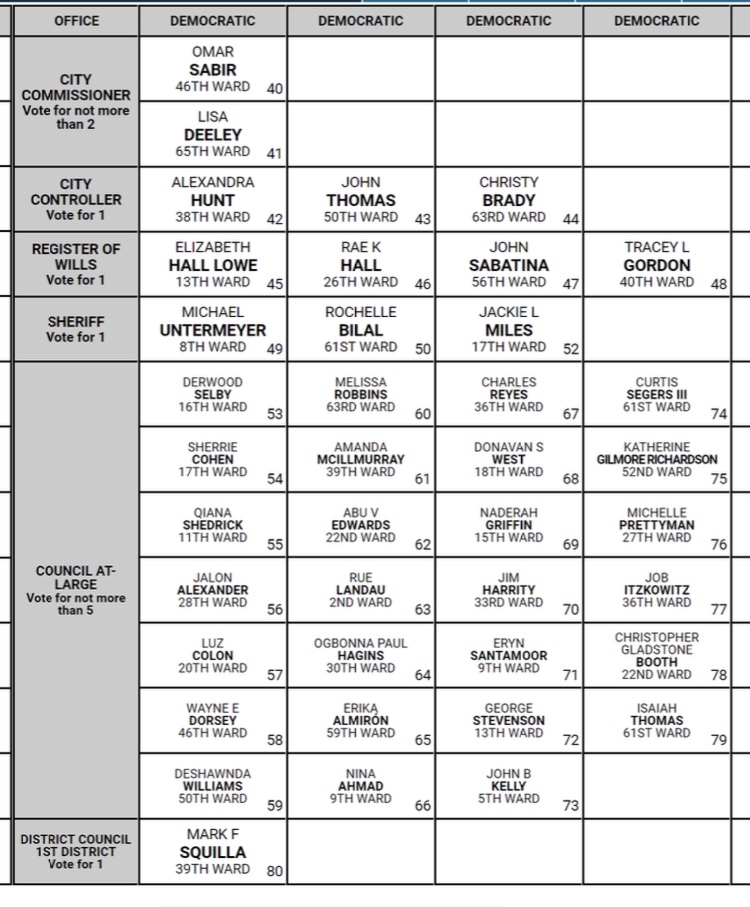Ned Foley has an excellent summary of my technical argument about STV repeals.
I wonder if the fractional-transfer approach would mitigate vote leakage.
The problem is that voters don’t understand it, which is what spurred the original post.
I argue in the book that there are three ways to deal with this: have a multiparty system (that can dictate rankings and/or in which it is incentive-compliant for a majority to retain the system), use list-based allocation (possibly within STV), or somehow maintain a majority that can limit its own nominations.
My hunch is that similar issues (minus ranking and limiting endorsements) also might apply to D’Hondt. Thoughts?
